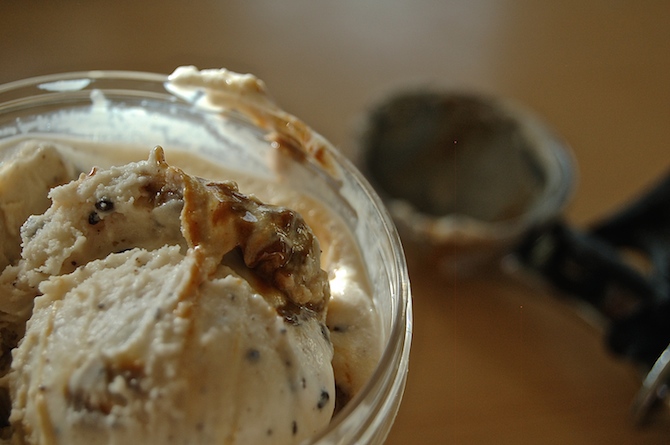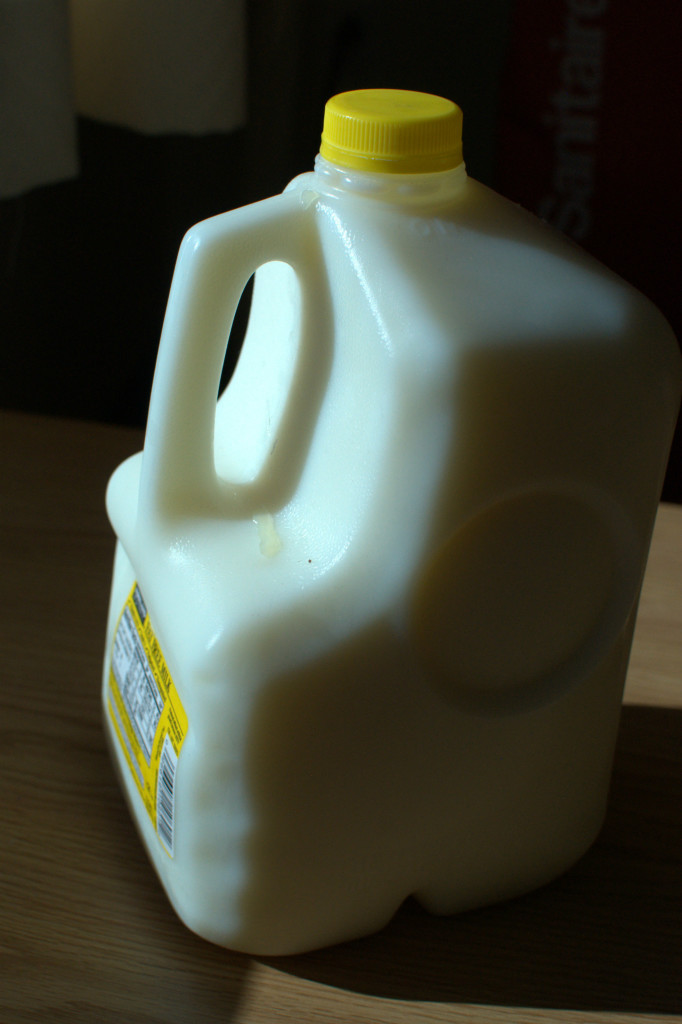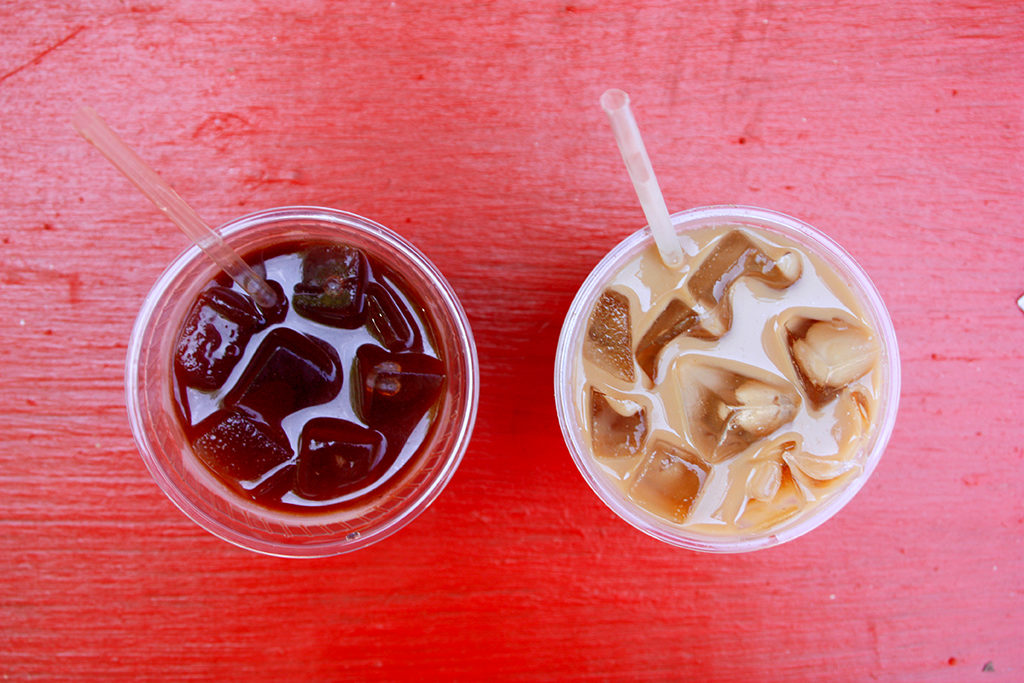We all know what milk is. It’s a white liquid, sometimes with a blue-greenish tint, that comes from the mammary gland of mammals to give nutrients to their babies. Right?
We’re conditioned to automatically think of milk as a drink that comes from a plastic jug, carton, or if you’re from Canada (no judgement), a bag. But how much do you actually know about the product?
Here are five little known facts about this white gold:
1. The United States is the leading producer of milk

Photo by Torey Walsh
More than 91.27 million metric tons (that is a little over 21 billion gallons!) of milk from cows are produced by the U.S. every year, and that number is continuously on the rise. With over 41 billion pounds being produced every year, California is the top producing state.
2. Skim milk is not actually the healthier option

Photo by Samiel Tom
Nutritional beliefs are constantly changing, but this time, we’re hoping they are right. The main reason fat-containing milk may be better for you is that we need fat to absorb many of its nutrients. The product’s main health-promoting constituents include vitamin D, E and A, which are fat-soluble vitamins. This means our bodies absorb them easier with the help of fat.
When we take the fat out of the beverage we inhibit the good stuff from benefiting our bodies. The same goes for other dairy products. Don’t be worried about consuming too much fat either—milk fat has a satiating effect, which causes us to eat less when we consume full-fat dairy than if we were to consume fat-free dairy.
3. The largest milk producer is the humpback whale

Photo by Alice Zhou
The humpback whale makes 1000 pounds of milk per day. It consists of 42% fat and twice the amount of protein of most mammals’ milk, which gives it the consistency of toothpaste.
4. Adding milk to coffee helps to prevent bone loss

Photo by Christin Urso
Caffeine inhibits the body from absorbing calcium which is one of the primary minerals that helps to maintain bone health. Caffeine does this by causing the body to excrete a large amount of calcium, especially after drinking coffee (which contains a high amount of caffeine). To limit the amount of this essential mineral from being lost after the consumption of coffee, it has been shown that adding milk, the number one source of calcium, to your cup of coffee will increase calcium absorption.
5. Milk is a great hangover cure

Photo by Kathleen Lee
All of the B vitamins, especially riboflavin or vitamin B2, help to combat alcohol. Luckily, milk and dairy products make the greatest contribution to riboflavin intake in Western diets. Alcohol is a diuretic, meaning you lose a lot of vitamins and nutrients from consuming it, which ultimately causes a hangover. Riboflavin is needed for the body to metabolize alcohol, and milk also contains binding proteins which may improve the absorption of riboflavin by protecting and transferring them to receptor proteins in the intestine.
Have you reached for a glass yet?
All hail the mighty white gold machine!



